Roller Chains with U Type Attachments 08B-U1 08B-U2 08B-U2F9 12B-U1 12B-U2
Roller Chains with U Type Attachments feature vulcanized elastomer profiles to reduce the risk of damaging the product while transporting it. They can be used for a range of traditional applications, including furniture, glass, ceramic tiles, and woodworking. Different profiles are available and can be matched for compatibility.
Roller Chains with U Type Attachments
Roller Chains with U Type Attachments feature vulcanized elastomer profiles to reduce the risk of damaging the product while transporting it. They can be used for a range of traditional applications, including furniture, glass, ceramic tiles, and woodworking. Different profiles are available and can be matched for compatibility. Other features include SNAP-ON attachments for certain sizes and matched pairs for parallel chains.
Chains can be made of a variety of materials, including stainless steel. The material that is most appropriate for your application depends on several factors, including cost, environmental conditions, and the design horsepower transmission. By considering these factors, manufacturers can optimize their materials for particular applications. Chain weights vary, and they should be chosen in accordance with their expected load capacity and pitch.
To replace a broken chain, first determine which attachment type is right for your application. In addition to the chain, you need to determine which sprockets will fit. Most of these chains have two sprockets, but if you need to replace the connecting link, you can use an offset chain.
This type of chain is made of two parts: the outer plate and inner link. These two components are connected by a cross rod. This cross rod distributes the load evenly between the two chains and does not twist.
Dimensions of Roller Chains with U Type Attachments
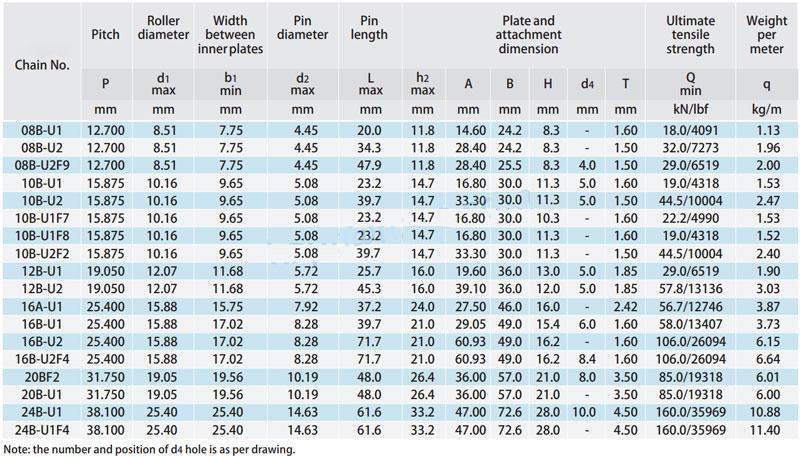 |
 |
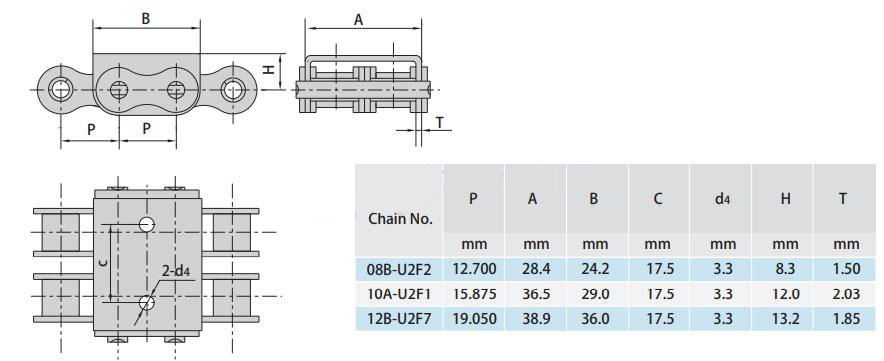 |
Sprockets for Roller Chains
Sprockets are an important part of a roller chain. We design the sprockets to drive the chain in a particular direction, and come in a variety of materials. These materials include bronze, cast iron, aluminum, and manganese steel. In addition, sprockets are available in different sizes, ranging from 0.05 inches to 48 inches.
Most sprockets are milled or forged. Some may be flame-cut. Sprockets can be made in segments, halves, or with an integral shaft. They may be made from various materials, including steel and plastic. Hybrid versions of sprockets may feature metal wheels with plastic teeth. Sprocket manufacturers generally work with ISO and ANSI roller chains.
The sprocket selection for roller chains is essential to the efficiency of transmission and smooth rotation. The type of sprocket you choose also determines the life of the chain. Many manufacturers of sprockets for roller chains offer sprockets with standard shaft diameters or sprockets that meet JIS standards.
Sprockets for roller chains can vary in size and pitch. Generally, a chain with large pitch diameter requires sprockets with large teeth, while smaller chains with smaller pitch diameters will require sprockets with smaller teeth. The number of teeth per inch is also important, and a sprocket’s tooth pitch and sprocket’s bore are essential in choosing the right sprocket for the drive shaft.
Another factor to consider when choosing the sprockets is the transmission horsepower. A higher transmission horsepower will require larger sprockets than a small one, so you need to choose an appropriately sized chain.
As a mature supplier of chains and sprockets in China, Power-trans also provides highly durable sprockets for sale besides conveyor chains. Contact us now !
Related Chains
As one of the drive chain suppliers, we specialize in chains made to customers’ drawings and specifications. Our advantage is reliable quality, competitive price, prompt delivery, and good service. Standard products include various transmission and conveyor chains, like Roller Chain, double pitch Conveyor Chain, Hollow Pin Chain, Leaf Chain, Table Top Chain, Side Bow Chain, Lumber Chain, Agriculture Chain, Silent Chain, PIV Chain, Stainless Steel Chain; Nickel/ Zinc plated Chain, Dacromet Chain, Engineering Chain, Steel Pintle Chain, Welded steel chain, Forged chain, Malleable Iron chain, and many other types. Different kinds of attachments are available.
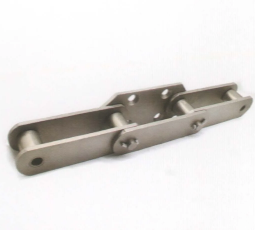 |
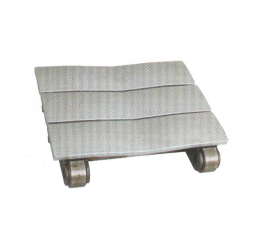 |
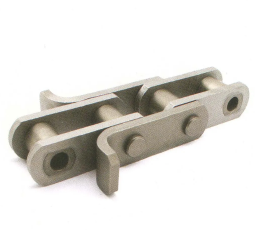 |
| cement chain | paper chain | engineering chain |
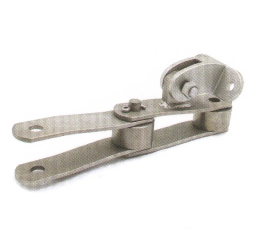 |
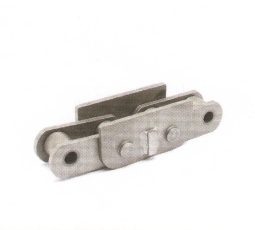 |
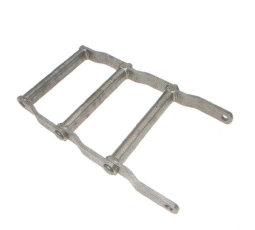 |
| palm oil and suger chain | road grader chain | welded chain |
Why Choose Roller Chains?
There are many reasons to choose roller chains. Some are simpler than others, and both have their benefits. When considering what type of roller chain to use, it’s important to consider several factors, including motor horsepower and rpm. A chain with a lower horsepower should be less expensive, and one with more teeth will be smoother and less noisy. There are also many different types of conveyor chains, such as those that move products vertically or horizontally or those that bend in a circle.
Chain strength is a primary consideration when choosing a roller chain. Chains with larger pitches are generally longer and suited for more intensive work. Chains with smaller pitches are smoother and working in machines with low RPM and light load fluctuations. As the load increases, however, larger pitches should select.
Lubrication extends the life of roller chains and makes them more efficient. This will help them carry more weight and run more smoothly, while also reducing dirt accumulation. This is an especially important consideration for roller chains, and working in dirty environments. For example, a farm tractor may need to lubricate its chains frequently. A grease-based lubricant will attract dirt and increase wear, so you may want to choose a dry lubricant instead.
Another reason to use a roller chain is that they are simple, cost-effective, and reliable. Their applications: heavy machinery and vehicles, as well as for conveying materials. Roller chains are also versatile and can change direction. This makes them the perfect solution for multiple direction changes or short distances. A roller chain is important to keep properly lubricated, because the most common cause of chain failure is inadequate lubrication.
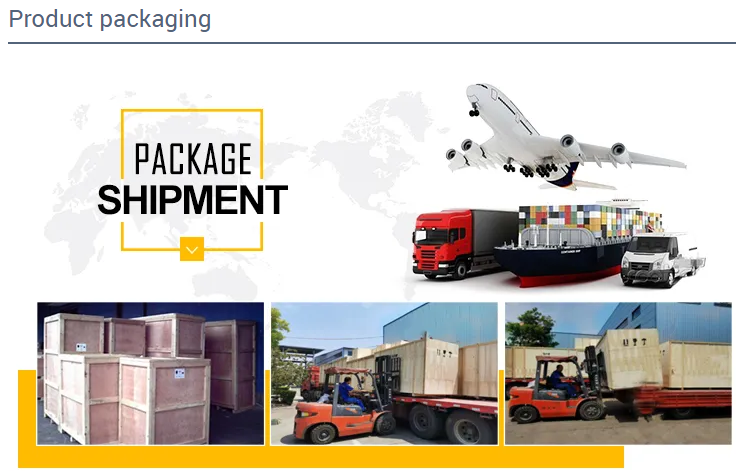
Packing Shipping Delivery
  |
 |
|
 |
 |
|
How to choose power transmissions parts and industrial products which meet our requirement
| Chains | Sprockets | Pulleys | Timing belt Pulley | V-belt Pulley |
| Sheaves | Coupings | Bush &Hub | Gear& Rack | V-Belt |
| Locking Assembly | Pulley | Gearbox | Reducer | Shaft Collar |
| Rod End Bearing | Clevis | PTO | Chain Guide | Belt Guide |
| Rubber Buffer | Chain Tensioner | PTO Drive Shafts | Universal Joints | Roller Chains |
| Conveyor Chains | V-Belts | Worm Gearbox | Helical Gear | Worm |
| Agricultural Chain | CNC Proces Parts | Casting | Stamping | |
| Powder Metallurgy | CNC Proces Parts | Casting | Stamping |
What Products Do you sell ?
We are a group of factories, give customer one stop solution of power transmission and industrial products. We are in the position to supply wide range of products, including chains, sprockets, v-belt and v-belt pulleys, timing belt and timing belt pulleys, gears, speed reducers, motors, racks, couplings, and many other parts, like locking assembly, taper bushing, Chain guide, shaft collar, torque limiter, cam clutch, universal joint, motor base and motor slide, rod end, clevis, rubber mount, etc. We make special parts according to drawings and/or samples.
How to choose a gearbox which meets our requirement?
You can refer to our catalogue to choose the gearbox or we can help to choose when you provide
the technical information of required output torque, output speed and motor parameter etc.
What information shall we give before placing a purchase order?
a) Type of the gearbox, ratio, input and output type, input flange, mounting position, and motor informationetc.
b) Housing color.
c) Purchase quantity.
d) Other special requirements.
What industries are your gearboxes being used?
Our gearboxes are widely used in the areas of textile, food processing, beverage, chemical industry,
escalator,automatic storage equipment, metallurgy, tabacco, environmental protection, logistics and etc.
What is the producing process?
Production process including raw material cutting, machine processing, grinding, accessories cleaning, assemble, cleaning, stoving, oil coating, cover pressing, testing, package.
How to control the products quality?
Combining advanced equipment and strict management, we provide high standard and quality bearings for our customers all over the world.
What is the transportation?
-If small quantity , we Suggest to send by express, such as DHL,UPS, TNT FEDEX. If large amount, by air or sea shipping.
Can we design packaging?
-Yes. Default is regular packing, and we can make customer's own packing.
Can you provide OEM service?
-Yes, we work on OEM orders. Which means size, quantity, design, packing solution, etc will depend on your requests; and your logo will be customized on our products.
Can you give me discount on Power Transmissions Parts and Industrial parts?
-Yes, of course. Pls. send me your Email, you'll get more
Q: Are You a trading company or a manufacturer?
A: We Are the factory and have our Own trading company
Q: How Can I get an offer?
A: please send US quotation information: drawings, materials, weight, quantity and requirements, we can accept PDF, ISGS, DWG, STEP file format. If you don't have the drawings, please send us the samples, we can also quote you according to your samples.
Q: What is your minimum order size?
A: it is usually 100 pieces, but a low quantity is acceptable under some special circumstances.
Q: Do you provide samples? Is it free or extra?
A: Yes, we can provide samples free of charge, but we don't pay the freight.
Q: What is the lead time for mass production?
A: honestly, it depends on the number of orders. Normally, if you don't need the tools, deposit them after 30 days or so.
Q: What if the parts don't Work?
A: we can guarantee the quality, but if it happens, please contact us immediately, take some photos, we will check the problem and solve it as soon as possible.
Q: What are your terms of payment?
A: payment is less than US $1000,100% in advance. Payment: $1000,50% wire transfer in advance, balance before shipment,Other Terms of payment are negotiable

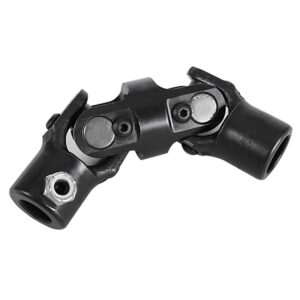
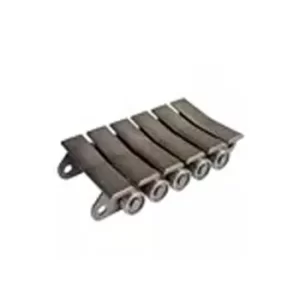
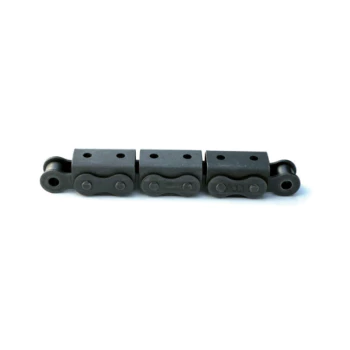
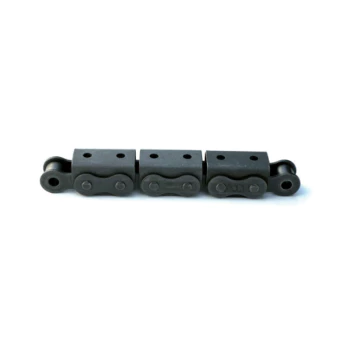
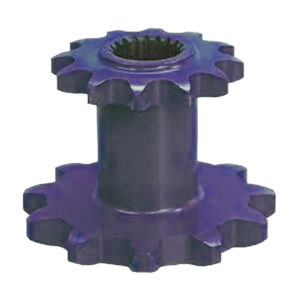


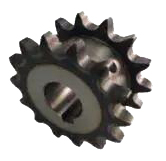

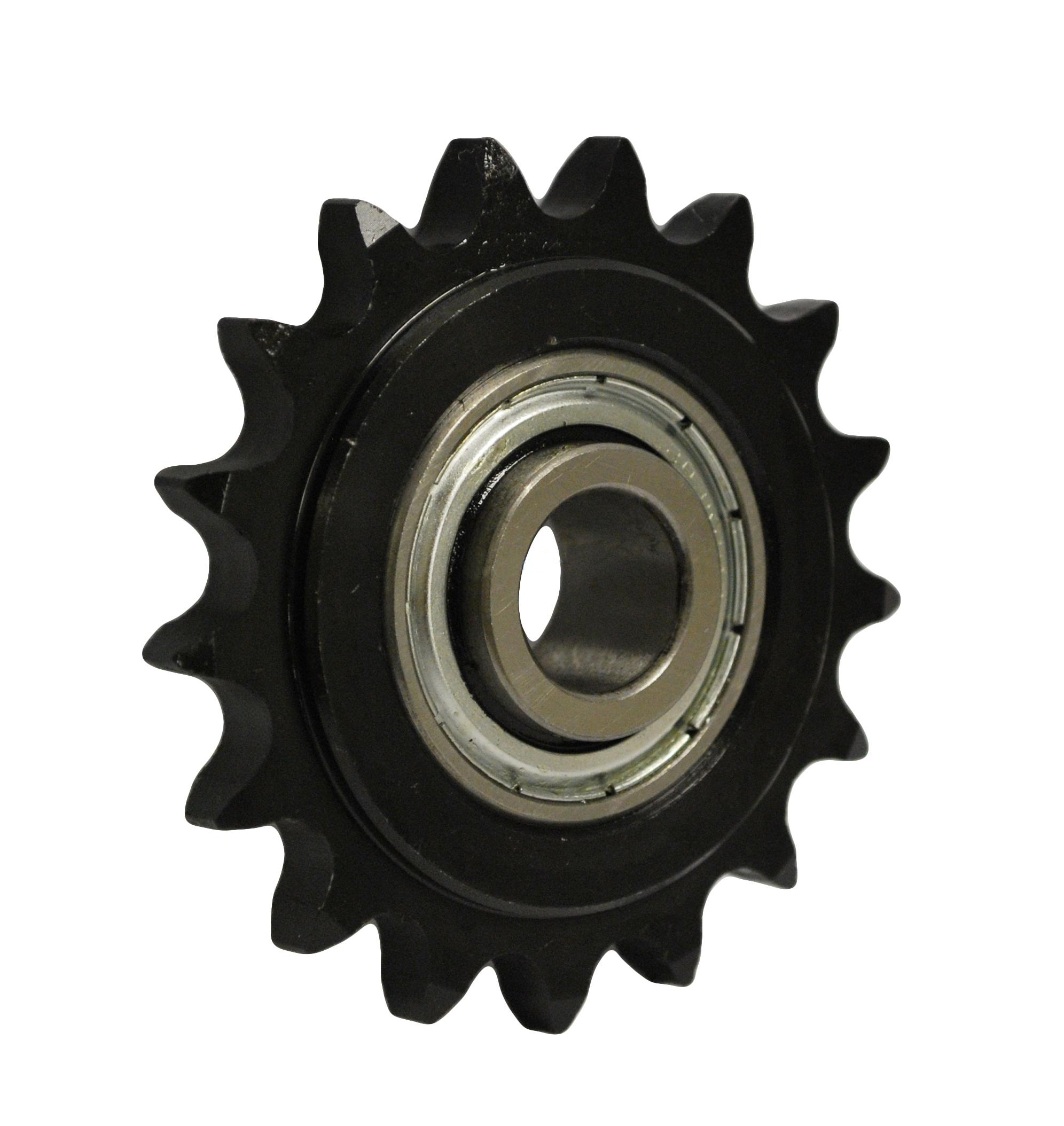
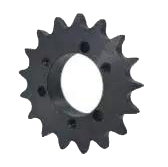

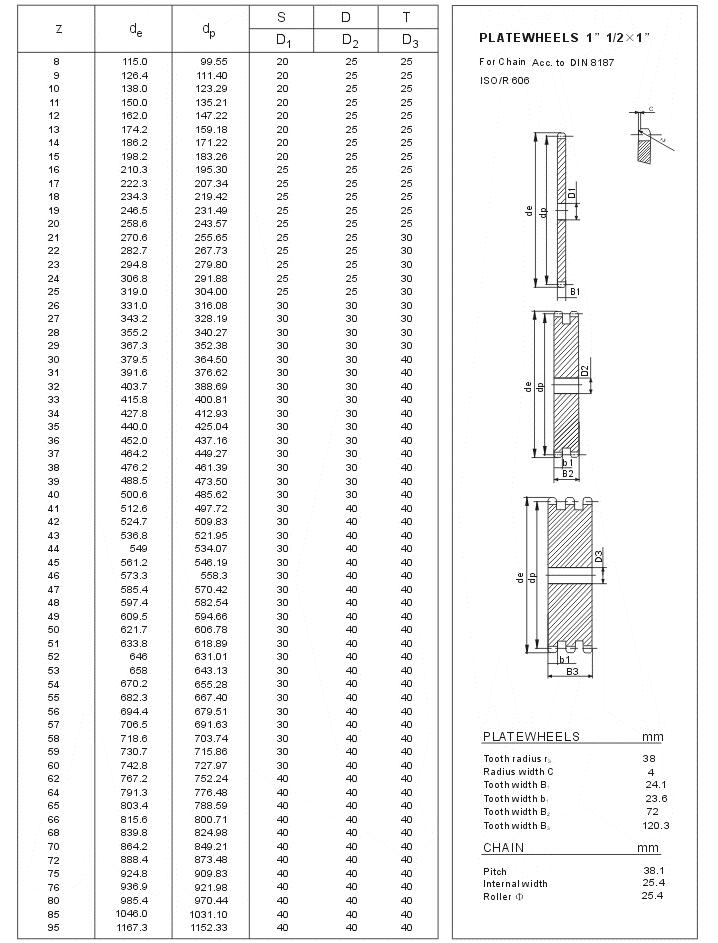
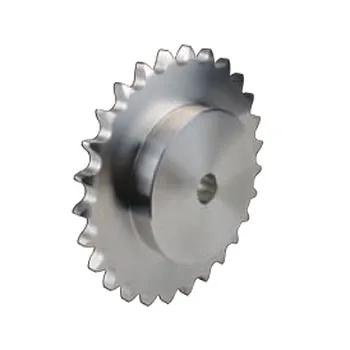
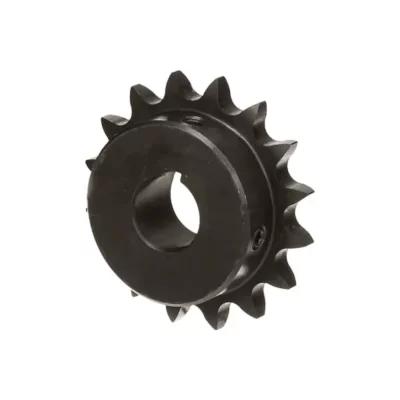
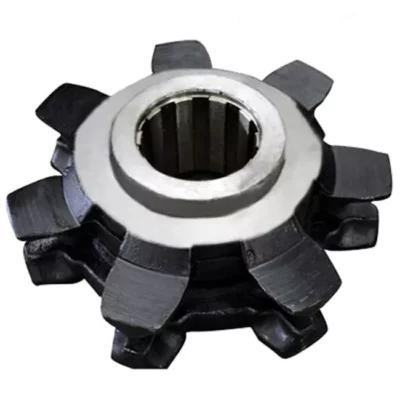
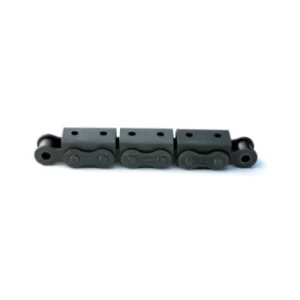
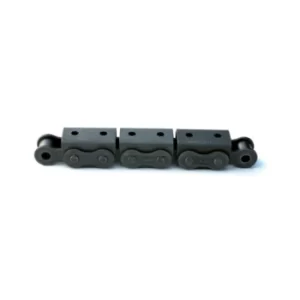
Reviews
There are no reviews yet.